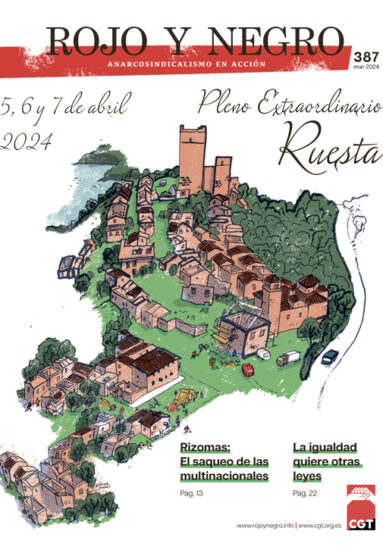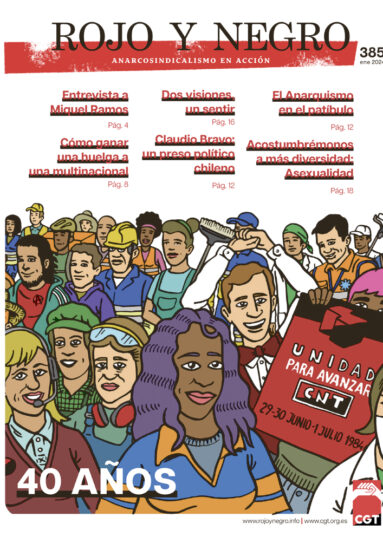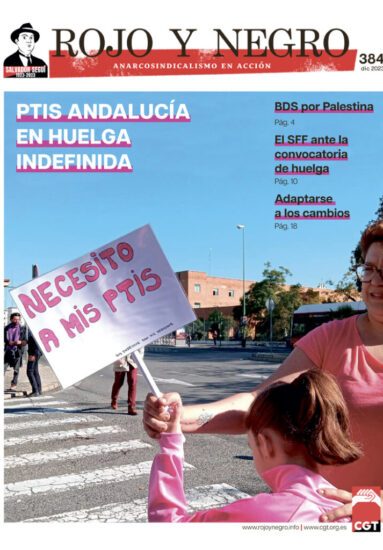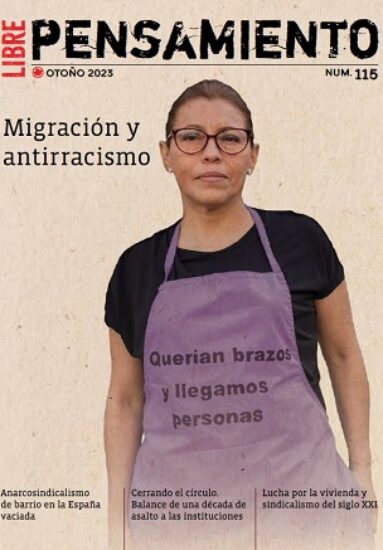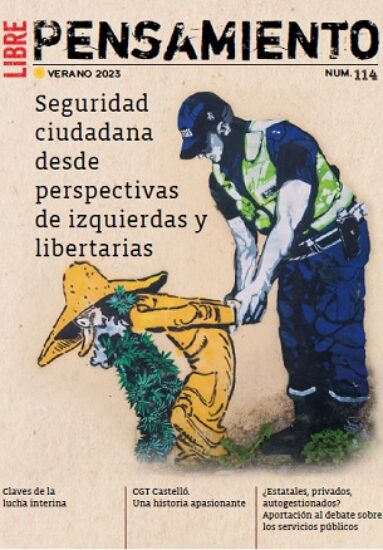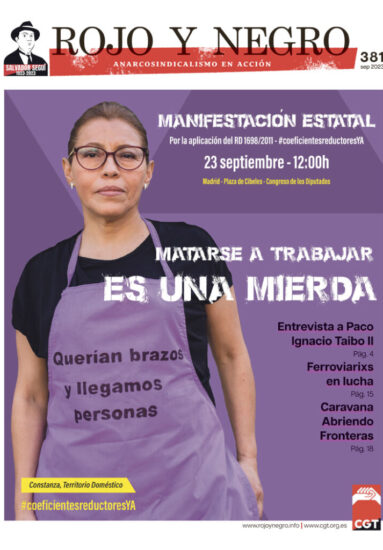The Committee for the Families of Political Prisoners and Detainees in the West Bank, representing 7,500 political prisoners currently in Israeli prisons, is seeking the support of the international community
ISM) Media Office
August 15, 2004
www.palsolidarity.org/prisoners
Palestinian Political Prisoners in Israeli Prisons Begin Hunger Strike Today
To all Friends and Supporters of Human Rights around the World :
In its campaign against the gross violations of their rights that the prisoners are enduring and against the appalling conditions under which they are being detained.
Political prisoners in Israeli prisons will be commencing a hunger strike on Sunday, August 15, 2004 to protest their conditions. They complain that the conditions they experience are reminiscent of the former Abu Ghoraib facility in Iraq which gained worldwide notoriety recently for its treatment of detainees.
The families of the Palestinian political prisoners plead with you, the members of the international community, to join in solidarity with our sons, daughters, fathers, mothers, brothers and sisters who are being held in Israeli prisons by organizing demonstrations, marches, holding silent vigils or activities to publicize the plight of the political prisoners and to bring pressure on the government of Israel to cease these violations of law and to treat Palestinian prisoners as human beings entitled to basic human rights.
Israeli Public Security Minister, Tzachi Hanegbi, told reporters at a press conference in Jerusalem on August 13th that the prisoners «can strike for a day, a month, even starve to death, we will not respond to their demands».
Some of the conditions that the prisoners are protesting include :
*Arbitrary and indiscriminate beating of prisoners in their cells, in prison courtyards and during transportation to and from prisons.
* Arbitrary and indiscriminate firing of tear gas into prisoner’fs cells and prison courtyards and intimidation of prisoners by guards entering their cells with guns.
* Humiliating strip searches of prisoners in full view of other prisoners and guards each time they enter or exit their cells
* Subjecting prisoners to solitary confinement for excessive periods of time, for months and even years.
* Arbitrary imposition of financial penalties on prisoners for minor infractions, arbitrary revocation of visitation rights and extended confinement to cells as punishment for minor infractions such as singing or speaking too loudly
The treatment of Palestinian prisoners in Israel violates both international and Israeli laws, as well as rules governing the administration of Israeli prisons.
The Committee for the Families is planning a series of activities in the West Bank to coincide with the start of the hunger strike on August 15th.
Scheduled Activities :
1. A press conference at noonin Ramallah will kick off the campaign Sunday, August 15.
2. Hunger strike solidarity tents will be set up in the centre of all the cities in the West Bank and in all the Red Cross Centres and will be occupied by the public around the clock for as long as the prisoners’ strike lasts.
3. August 18 ;The Palestinian Prime Minister’s office has declared this day National Day for Prisoners, a day that all Palestinians will show solidarity with the prisoners. All government ministers, members of the Palestinian National Council and heads of all political parties will join the public in the Solidarity Tents and fast in support of the prisoners.
4. August 20 ;after Jum’a prayers at mosques processions will march towards the Solidarity Tents.
5. August 21st ; Palestinians in various Israeli cities will march, together with other supporters, to the prisons where Palestinian political prisoners are being held
6. August 22 ;after church services, processions will march to the Solidarity Tents. These processions will be held every weekend during the campaign.
7. August 23 ;children of the prisoners will lead a procession.
8. August 25 ;all professionals involved in the Justice system in Palestine will congregate at the Solidarity Tents in their official legal gowns and will lead a procession to the centre of their cities.
9. August 26 ;the grandson of Mahatma Gandhi, Arun Gandhi, will lead a mass procession in Ramallah.
10. August 28 ;candlelight processions will be held at 8:00 p.m. 11. August 29 ;all members of the public are invited to join the open hunger strike.
September 4, 2004:International Day of Solidarity with Palestinian Prisoners
We ask you also to register your protests by letter, fax, email, or telephone to the officials listed below. Ask them to stop the harsh treatment of Palestinian political prisoners and to accede the demands of the striking prisoners so that the conditions under which they are imprisoned are consistent with international norms of human rights and basic decency.
In addition, please register your protest with your own political representatives and governments ministers.
Please send a copy of your protest message to alhureih@yahoo.com Messages of support from organizations would also be appreciated by the prisoners and their families. Please send them to the same address with some details of the organization.
For more information visit our temporary website at
www.palsolidarity.org/prisoners
or telephone (972) 2 277 4602 or (972) 547-358-579 or
email : info@palsolidarity.org
With much appreciation for your valued support,
Mahmoud Ziadi, General Secretariat, Families of Palestinian Political Prisoners PO Box 2151, Ramallah, Palestine.
Israeli Government Contacts :
Prime Minister, Ariel Sharon Office of the Prime Minister 3 Kaplan Str., P.O. Box 187
Jerusalem, 91919Israel Fax:972-2-670-5475 e-mail : pm_eng@pmo.gov.il
Minister of Defense, Shaul Mofaz 37 Kaplan Str. Tel Aviv, 61909, Israel Fax:972-3-696-2757 or 691-7915 e-mail : san@mod.gov.il or pnoit@mod.gov.il
Minister of Justice, Yosef Lapid 29 Salah al-Din Str. Jerusalem, 91010, Israel Fax:972-2-628-5492 e-mail : san@justice.gov.il
Minister of Interior, Tzahi Haneghi Kiryat Hamenshala, P.O. Box 18182 Jerusalem, 91181Israel Tel.972-2-530-9999 Fax:972-2-584-7872 e-mail : sar@mops.gov.il
Par : rr.ii.



